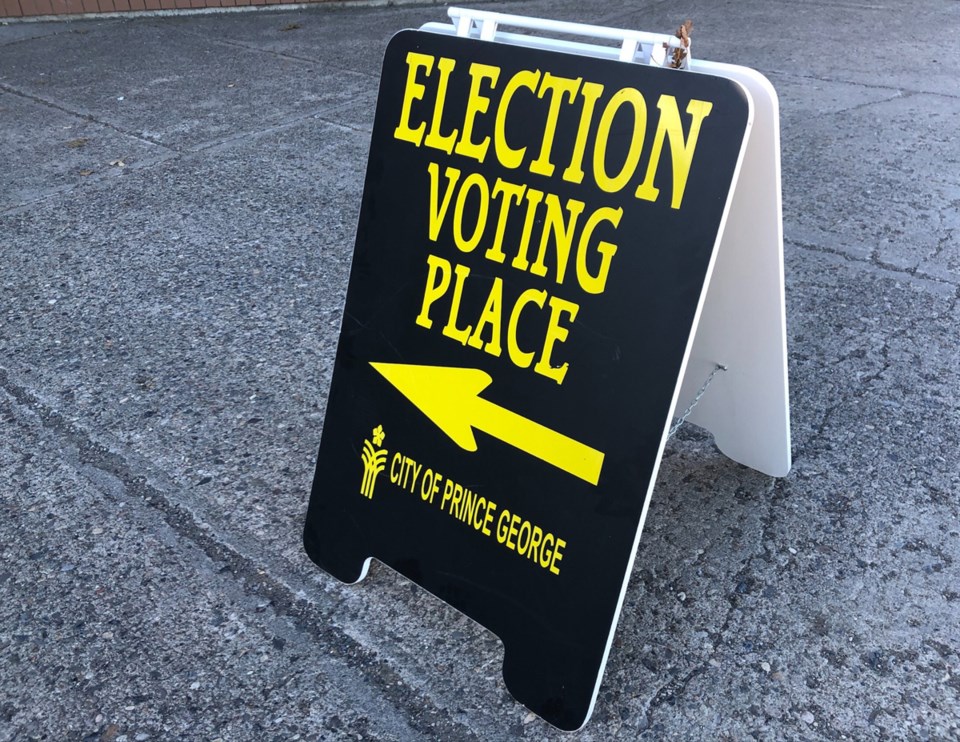Like it has been for the most of the last six weeks, Saturday was gorgeous: sunny, unseasonably warm and a nice day to be outside.
If you’ve been an adult citizen of Prince George for more than 30 days, a walk to the nearest polling station to vote in the municipal election would have been good exercise for your physical and mental health, as well as a good exercise in community engagement and democracy.
Too bad three-quarters of Prince George adults decided they had something better to do Saturday (or on the days they could have gone to an advance poll or sent their mail-in ballot) than go to vote.
Thank you to the 15,310 residents (just 26.27 per cent of the 58,000 eligible voters) who took a few minutes to cast a ballot (and presumably a bit longer than that to learn about the candidates running for mayor, city council and school board before choosing the candidates worthy of their vote). That’s well behind the 37 per cent provincial average, which is still a sad turnout.
It’s hugely disrespectful to the candidates – fellow residents with the courage and the passion to put their name forward for the largely thankless job of making difficult political decisions on behalf of the community.
Simon Yu convincingly won the mayoral race with 6,092 votes. While that’s 40.2 per cent of the votes cast, that’s barely 11 per cent of the total eligible voters. In other words, the man at the head of local government for the next four years, making about $130,000 a year, has the endorsement of just one in nine voters.
With 5,224 votes, Susan Scott, the city councillor who took the eighth and final spot at the city council table, has the support of less than one in 10 eligible voters.
She and Yu and the other seven city councillors are going to be making huge decisions over the next four years, from how much to raise city taxes, how to spend the $28.3 million from the Fortis deal and how to deal with aging facilities and infrastructure, crime, homelessness, toxic drugs and inflation.
For the 43,000 or so eligible Prince George voters who didn’t cast a ballot, they must be so thrilled with the state of local government and the quality of all of the candidates that it just didn’t matter to them who was elected and what those decisions will be.
Until it costs them money.
Then they’ll take to social media, pathetically crying the blues that their voices aren’t being heard.



